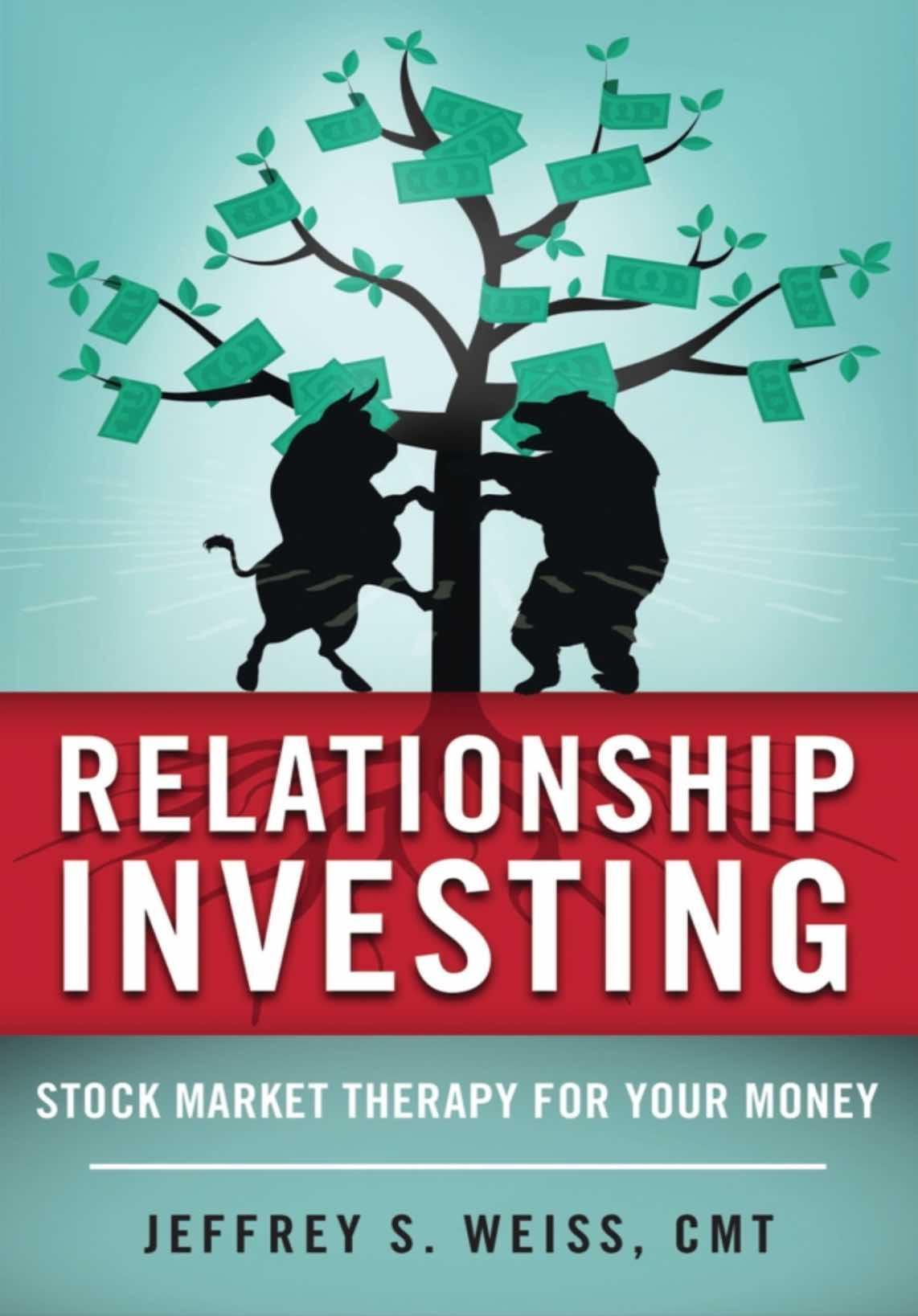The stage is set. You’ve done your research and determined that a stock should be sold. It’s simply a matter of calling your broker or going online and liquidating it. That order is as good as executed. That profit is as good as booked. That loss is controlled. That money is as good as in your account. But then you make the mistake of, yes, thinking too much! You start to calculate the taxes you’ll owe, or worry that the stock will move higher after you’ve sold it, or think that the upcoming earnings announcement could propel the shares upward and afford you a better selling price. Whatever the reason, the bottom line is that you fail to act. Freeze might be a better word. Then the stock starts to fall, and you decide that you’ve missed your opportunity to sell the shares and hold on instead, convincing yourself that you’ll get another chance to do so at some future point. Don’t count on it. This can be a fatal financial flaw in a business where second chances are anything but assured. (The same premise applies to share purchases where a stock doesn’t give you a second chance to buy it, but I prefer to emphasize the risk side of the investment equation.)
If this were an engagement that you backed out of or a nearly finalized home purchase that you didn’t complete, you probably wouldn’t get that second chance, especially in the former case. Keep in mind that the only thing that prevented you from following through in these cases was you! You got cold feet, and for no reason other than the fact that you suddenly got too caught up in an emotional game of second- guessing yourself. That person you were engaged to and loved so much was a wonderful mate; that affordable home purchase was a sensible move for a growing family in an area with good schools. I can still remember my teachers telling me prior to a test that it’s usually best to stick with your original answer. I think the same premise often holds true in life. Don’t overthink things.
On the investment front, this reconsideration scenario is replayed time and time again in the minds of many investors. Yes, it’s natural—up to a point. We all reconsider decisions from time to time. But if you go back to the original basis on which you decided to sell that stock or buy that house or become engaged, you’d realize that the thought and time that went into those original decisions was far lengthier and more detailed than the brief period in which you second-guessed yourself. That should help redirect you to your original path.
There are times when genuinely questioning your judgment because you think you’ve made a mistake in your original thinking may indeed be warranted. I think, however, those are primarily instances where you’ve had reservations from the start, or at least frequently during the situation in question, and not when they popped up all of a sudden out of nowhere in an otherwise satisfactory scenario.
Of what value is a well-thought-out investment decision, whether technical or fundamental, if you don’t follow through on it? A psychologist I’m not, but this non-investment-related factor needs to be addressed. What good is deciding that you sincerely want to marry that special someone if you don’t commit to “popping the question”? Or failing to follow through on a business deal you’ve thoroughly analyzed and deem to have a favorable risk-reward relationship if you suddenly get “cold feet”? Is “just because” an acceptable answer?
Moral: Don’t allow a rushed, spur-of-the-moment change of mind to overwhelm and outweigh your original, well- contemplated and researched decision. And if you do have second thoughts about selling a stock but subsequently decide that you’re original thinking was sound, so what if the shares have dipped in the meantime? Go ahead and sell them anyway. The stock market doesn’t always offer second chances. Nor do life’s opportunities.
(To be continued...)

This excerpt is taken from “Relationship Investing: Stock Market Therapy for Your Money” by Jeffrey S. Weiss. To read other articles of this book, click here. To buy this book, click here.
The Epoch Times copyright © 2023. The views and opinions expressed are those of the authors. They are meant for general informational purposes only and should not be construed or interpreted as a recommendation or solicitation. The Epoch Times does not provide investment, tax, legal, financial planning, estate planning, or any other personal finance advice. The Epoch Times holds no liability for the accuracy or timeliness of the information provided.





